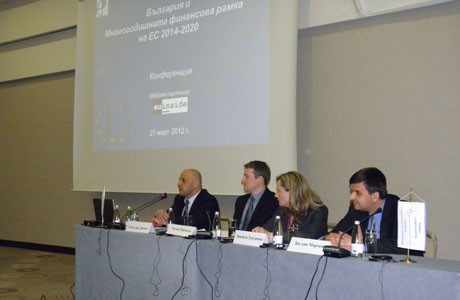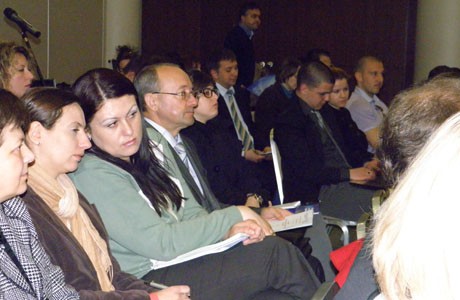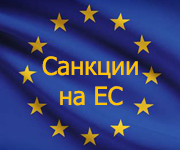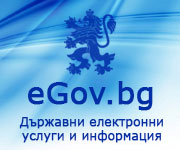Назад
Назад
BCCI: The negative impact on competitiveness must be assessed before seriously considering the introduction of two new European taxes
Nearly twice as many resources for roads, highways and sewage infrastructure are envisaged for the next planning period 2014 – 2020 as compared to the current period, said Tomislav Donchev, Minister of EU funds Management at a conference “Bulgaria and the Multiannual Financial Framework 2014 – 2020”. The forum was organized by the Economic Policy Institute and “Hanns Seidel” Foundation.
Bulgaria can rely on BGN 17.1 billion grants. Together with the national co-financing, the sum will exceed BGN 20 billion. This is approximately BGN 4.5 billion more than the current programming period.
For the next planning period the European Union plans to introduce two new taxes – Financial Transactions Tax (FTT) and updated VAT, said Zinaida Zlatanova.
The two new taxes are expected to account for half of the revenues in the European budget, in the meantime reducing the contributions of member-states by one third, Ms. Zlatanova pointed out.
During the discussion, the President of BCCI Tsvetan Simeonov supported the country’s position against the new taxes. The Chamber disagrees with the idea to introduce FTT and additional VAT tax. These ideas may discourage the business from making financial transactions and in capitalism they are one of the most important tools to transfer capitals from less efficient companies to companies and industries with better financial results.
Even though Bulgaria would not be significantly affected because of the relatively small number of financial transactions, this means that the negative impact which this tax would have on the competitiveness of the European Union has not been sufficiently assessed.
We doubt whether it is necessary, especially in the conditions of financial crisis, for the EU to plan a 5 % budget increase, especially when all institutions around the world are reducing their expenses, confining to smaller budgets and looking for ways to save money and relieve the tax payers, Mr. Simeonov said.
The President of BCCI reminded that the Multiannual Financial Framework 2014 – 2020 of the EU was the subject of two surveys conducted among BCCI’s members, the results of which were presented earlier to two parliamentary committees – the Budget and Finance Committee and the Committee on European Affairs. From the surveys it is evident that the representatives of the business are still not aware of the dynamics of the changes in the economy of EU member-states.
According to the surveys’ findings, only 12 % of companies are content with the management of EU funds, 40 % of companies suggest that projects are managed directly by the European Commission, 20 % want a centralized body for EU funds management to be established, 34 % would like projects to be managed by regions and 20 % would support outsourcing to banks or NGOs.
27.03.2012

 1 USD =
1 USD =  1 GBP =
1 GBP =  1 CHF =
1 CHF =  ISO 9001:2015
ISO 9001:2015































